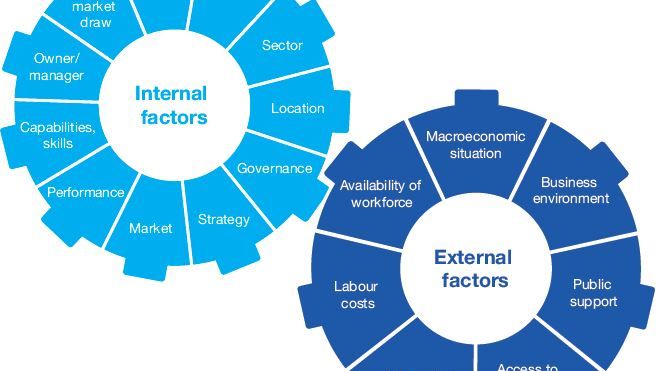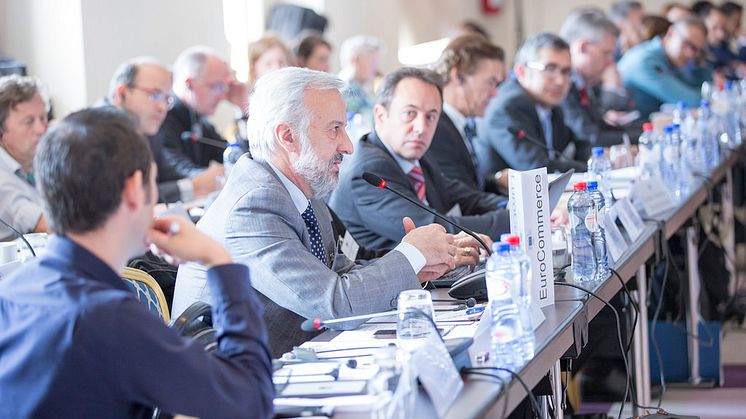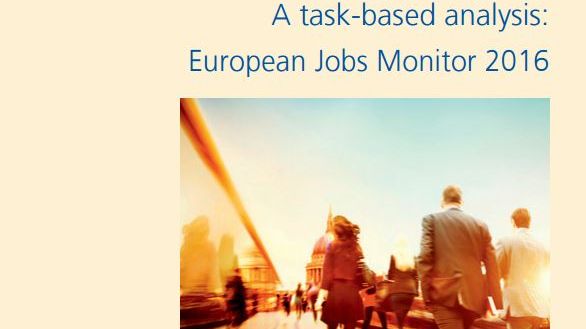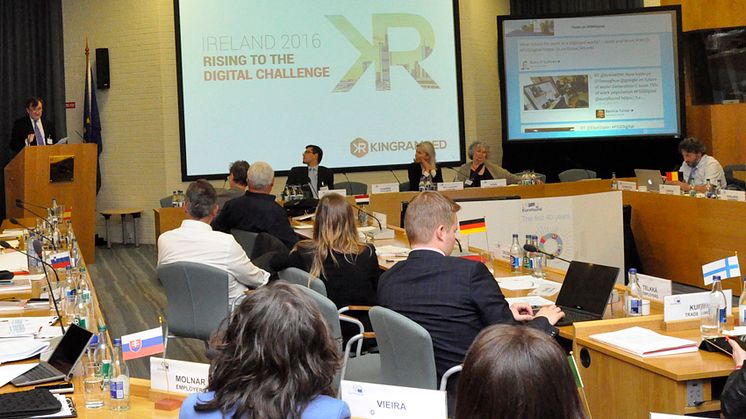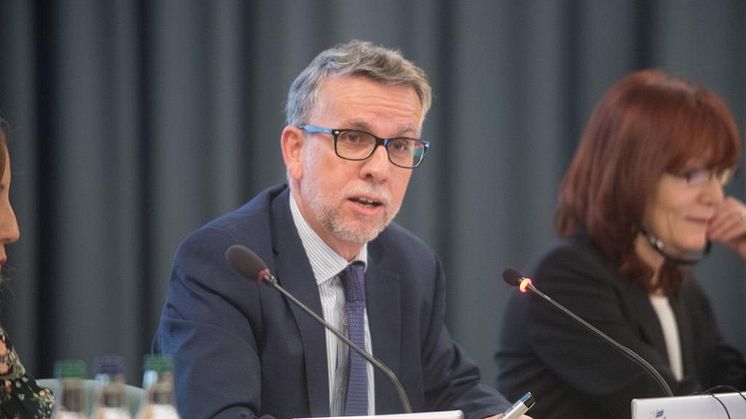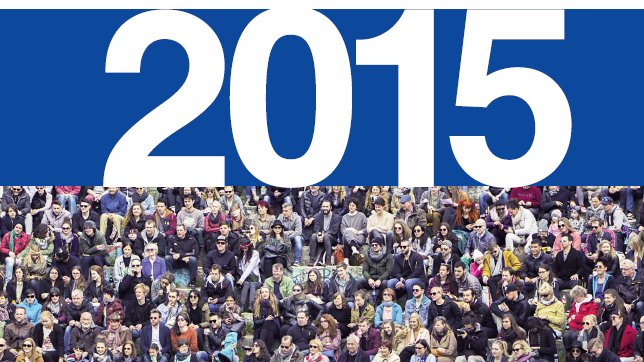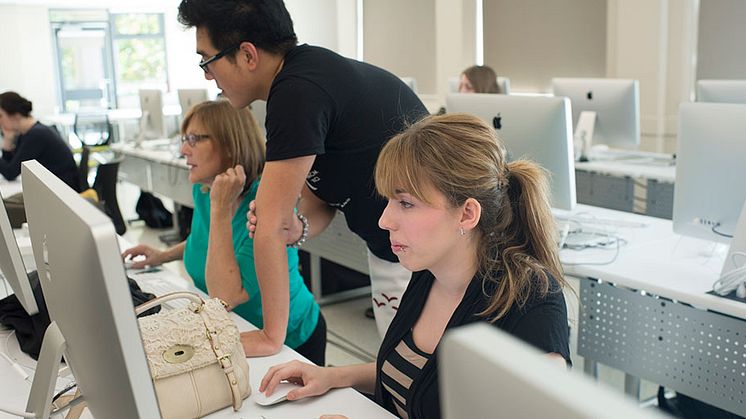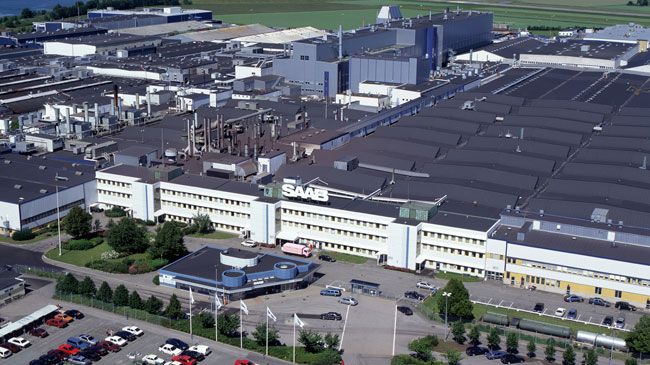Factors influencing the job-creation potential of SMEs
The figure above, derived from Eurofound’s recent report on Job creation in SMEs, illustrates the bundle of factors that determine whether an SME will create jobs – some relating to the company itself (internal) and others relating to the economic and institutional environment in which it operates (external).
Several of the elements are interrelated or have an influence on each other. The stre
